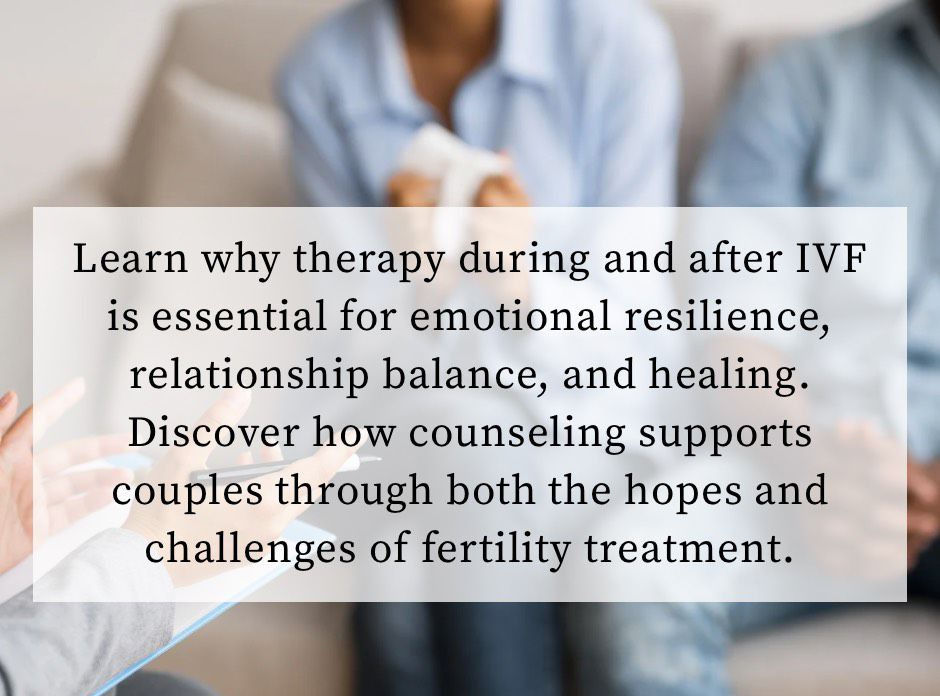Navigating Infertility and Surrogacy in India
- Sunil Khattri
- Feb 13, 2024
- 4 min read
Infertility can be a daunting experience for couples in India. Along with the social and cultural limitations that can weigh down one’s morale, it is also recognised as an emotionally difficult and rocky road to navigate for anyone who is longing to start a family. However, in recent times, medical developments and progressive laws such as the Assisted Reproductive Technology (Regulation) Act, 2021 (ART) have prompted many such couples to explore alternate avenues to realize their dreams of parenthood.

In this blog, we dive into many such alternative paths, including in vitro fertilization (IVF) and altruistic surrogacy with the aim of providing you with a comprehensive guide to navigating infertility in India!
WHAT IS INFERTILITY IN LAW?
Despite the common layman's understanding of infertility, it is important to note how the Indian law legally determines infertility.
According to Indian laws, “infertility” refers to a situation of inability to conceive after one year of unprotected coitus or any other proven medical condition preventing a couple from conception.
For example, surrogacy in India is a procedure that’s legally reserved for couples who can successfully obtain a certificate of “essentiality” or “medical indication” from a District Medical Board.

OPTIONS FOR INFERTILE COUPLES
It is most crucial to know that conceiving via the normal reproductive route isn’t the only way to achieve parenthood. In today’s day and age when medical science is evolving constantly, there are a number of options that infertile couples can explore.
Assisted Reproductive Technology - Assisted reproductive techniques consist of any and all procedures that attempt to obtain a pregnancy by handling the sperm or the oocyte outside the human body and transferring the gamete or the embryo into the reproductive system of a woman for gestation. This includes artificial insemination, intrauterine insemination, intracytoplasmic sperm injection (ICSI), embryo transfers, cryopreservation and surrogacy among others.
Egg or Sperm Donation - For couples facing issues with egg fertilization, sperm motility, or genetic disorders, egg or sperm donation can be a viable solution. Donated gametes from screened and healthy donors are used in assisted reproductive procedures like IVF, enabling couples to conceive and carry a pregnancy to term.
In vitro Fertilization (IVF) - IVF that’s also commonly known as the procedure for making “test tube babies” is a type of ART where mature eggs are retrieved from the ovaries of women and fertilized with the sperm of the male in a laboratory setting. Subsequently, the fertilized embryo is then transferred into the uterus, where fetal development finally occurs.
Intracytoplasmic sperm injection (ICSI) - This involves the injection of a single healthy sperm directly into a mature egg. This technique is commonly used when the sperm's quality or quantity is suboptimal, or when previous attempts at fertilization through standard IVF procedures have been unsuccessful.
Surrogacy - Surrogacy is an up and coming alternative for couples facing problems of infertility where a surrogate mother carries a pregnancy to term for another intending couple and hands over the child to them via a legal arrangement. In India, commercial surrogacy is disallowed but altruistic surrogacy where the surrogate receives no financial compensation other than the medical expenses incurred during the surrogacy process is valid and legal.
ASSISTED REPRODUCTIVE TECHNOLOGIES ACT, 2021
The Assisted Reproductive Technology (ART) Act governs assisted reproduction facilities and repositories in India by means of a national registry to supervise their operations, impose regulations for gamete donation and surrogacy procedures, including donor criteria, and outlining all other terms important for regulating ART services in India.
The Act also protects all parties involved in ART procedures, especially the wellbeing of children conceived through ART, ensuring safeguards against conflict, abandonment and acknowledgment of the legal entitlements of all parties involved.

Services of ART clinics and banks, which also includes counsel, can be availed by any woman above the age of twenty-one years and below the age of fifty years and any man above the age of twenty-one years and below the age of fifty-five years.
WHY CHOOSE ALTRUISTIC SURROGACY
Just like IVF and other medical procedures like gamete donation and ICSI, altruistic surrogacy is a wonderful and humane alternative for any couple looking to expand their family but is restricted by problems of infertility. It is not only an effective way to deal with infertility but also a more ethical one which builds a profound emotional bond between intended parents and surrogate mothers. Without any commercial aspects, it allows a mutual understanding between all parties involved and fosters supportive relationships that extend beyond the gestational period.
If you wish to know more about surrogacy in India and are curious to know why it can be a good fit for you, click here to read a detailed blog by Sunil Khattri & Associates on why you should choose surrogacy.
CONCLUSION
Infertility can be a challenging journey, but it's important for couples to remember that they're not alone and that there is no right or wrong path to parenthood. Whether through surrogacy, IVF, adoption, or any other avenues that go beyond the conventional realm of parenthood, there's hope for building a family and experiencing the joys of parenthood.
By exploring all available options, seeking support from experts, and making informed decisions, couples can embark on a journey toward fulfilling their dreams of becoming parents in many different ways.
If you are looking to explore assisted reproductive technologies in India such as altruistic surrogacy but don’t know how to go about it, our team of experts at Sunil Khattri & Associates can provide you with tailored assistance at every step of the way.
Remember that your dreams may be well within your reach, right on the other end of a phone call! Contact us today!



Comments